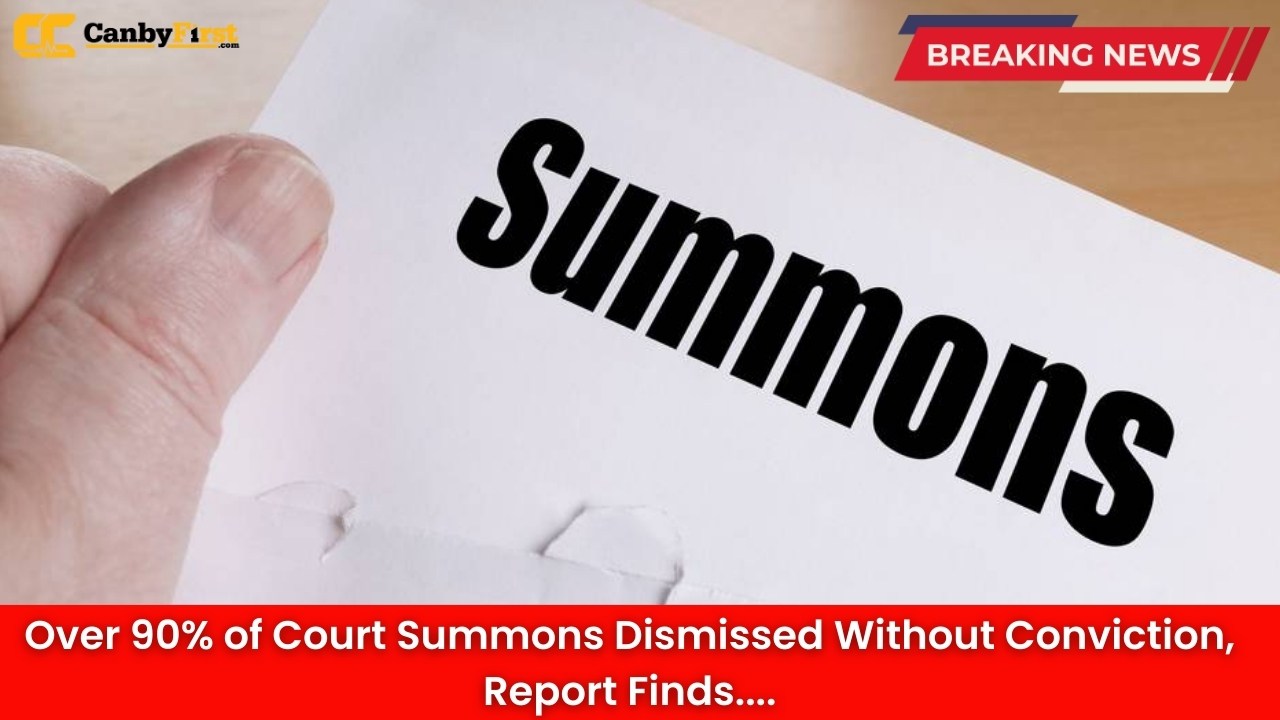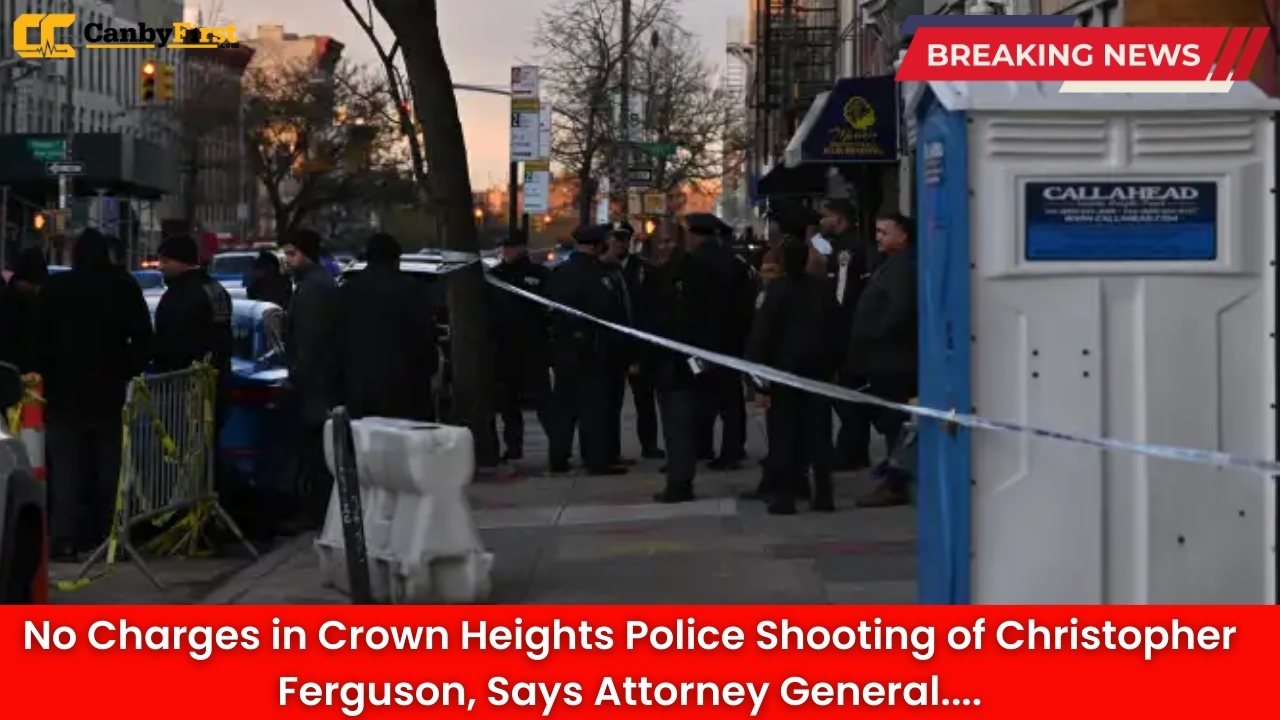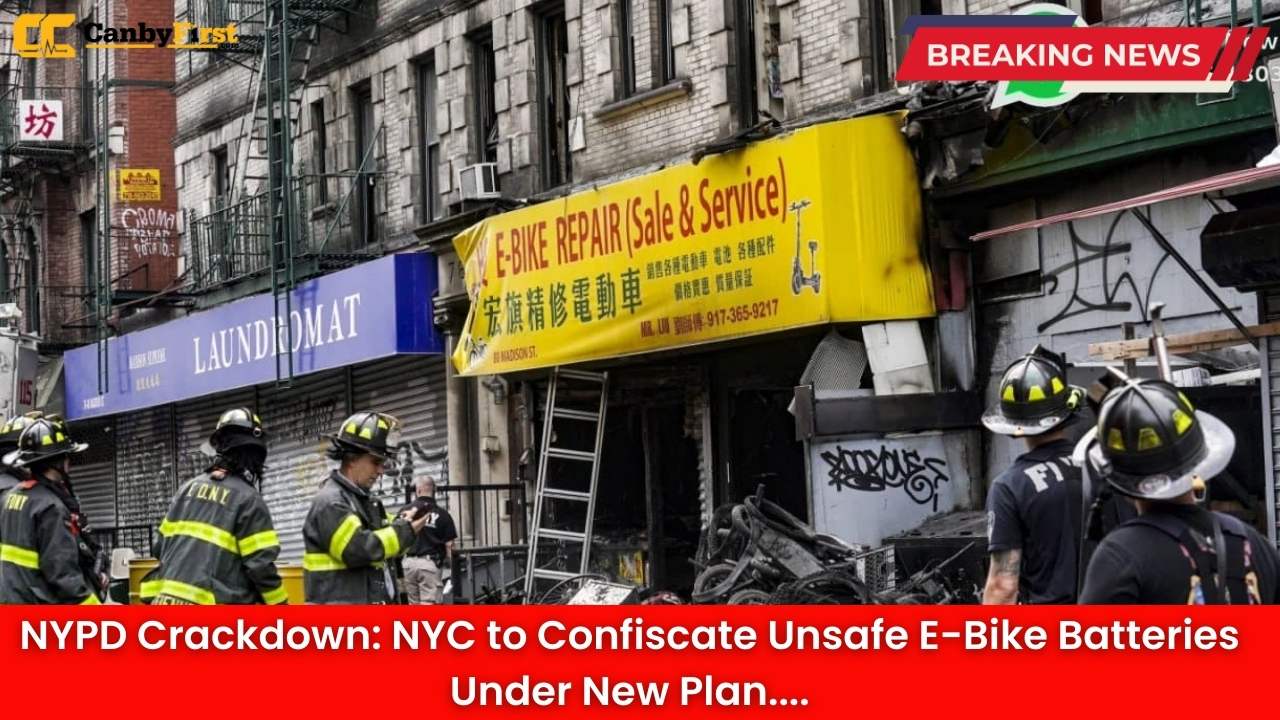New York, US: A new judicial review has revealed that more than 90 percent of court summonses across the city were dismissed without resulting in a conviction, raising questions about systemic inefficiencies, police practices, and the burden such cases place on both individuals and the courts.
High Volume, Low Convictions
The report analyzed thousands of low-level summonses issued over the past two years, often for minor infractions such as loitering, open-container violations, or disorderly conduct. Despite the sheer volume of tickets handed out, the study found that an overwhelming majority were dismissed before reaching a final judgment.
This trend highlights a striking gap between initial enforcement and actual prosecution. Many legal experts argue that issuing large numbers of summonses for minor offenses clogs the system, wastes taxpayer dollars, and disproportionately impacts low-income communities.
Questions of Fairness and Enforcement
Community advocates say the high dismissal rate suggests that many summonses should not have been issued in the first place. “If nearly all of these cases are getting thrown out, it points to over-policing rather than just oversight,” said one civil rights attorney. Advocates stress that unnecessary summonses create ripple effects for individuals, including missed workdays, financial strain, and potential long-term consequences if a missed court date leads to a warrant.
Critics also argue that the enforcement of such summonses is inconsistent, with certain neighborhoods and demographics bearing the brunt of the policing effort. This disparity has reignited debate about fairness and equal justice under the law.
Judicial System Strain
Court officials have long noted that low-level summons cases consume a significant share of limited resources, from clerical staff time to judicial hours. Since most cases never result in conviction, the system becomes backed up with hearings that ultimately do not advance public safety goals.
“Every dismissal represents a case that should not have been brought into the pipeline in the first place,” one judge reportedly commented. Legal analysts warn that unless reforms are made, the cycle of mass dismissals will continue to weaken public confidence in the justice system.
Calls for Reform
The report has renewed calls for reforms such as:
-
Decriminalizing minor infractions that do not pose genuine threats to public safety.
-
Redirecting police resources toward higher-priority crimes.
-
Improving screening processes before cases reach court, ensuring only legitimate violations proceed.
-
Providing alternatives such as community mediation or education programs instead of formal summonses.
Several city lawmakers are reportedly considering legislative action to address the issue. Some proposals include reducing the number of offenses that result in summonses and increasing accountability within law enforcement agencies when large numbers of cases fail to hold up in court.
Impact on Communities
For many residents, the findings reflect personal experiences with summonses that seemed unnecessary or unfair. Advocacy groups emphasized that even if a case is dismissed, the individual still faces stress, lost time, and the possibility of being entangled in the justice system again in the future.
The disproportionate impact on marginalized communities also remains a central concern. Data in the report indicate that many of those ticketed live in low-income areas where police presence is heavier, fueling ongoing tensions between law enforcement and the public.
Shifting Legal Culture
Legal experts believe that the trend of mass dismissals could drive a shift in how the justice system approaches low-level offenses. Courts, overwhelmed by backlogs, are increasingly skeptical of cases that appear to waste resources. Public pressure is also mounting for city leaders to prioritize fairness and efficiency over sheer enforcement numbers.
“Residents want safer streets, not unnecessary summonses that go nowhere,” noted a criminal justice reform advocate. “The current system isn’t working for communities or for the courts.”
Outlook
The report has added urgency to the broader conversation on criminal justice reform across the nation. With more than 90 percent of summonses dismissed without conviction, both policymakers and the public are questioning whether the system serves justice—or whether it simply perpetuates a cycle of wasted time and unequal outcomes.
As city officials prepare to debate potential reforms, the findings stand as a stark reminder that more enforcement does not always translate into justice. The conversation is now shifting from punishment to practicality, with growing consensus that the system must evolve to reflect fairness, efficiency, and true public safety.















Leave a Reply